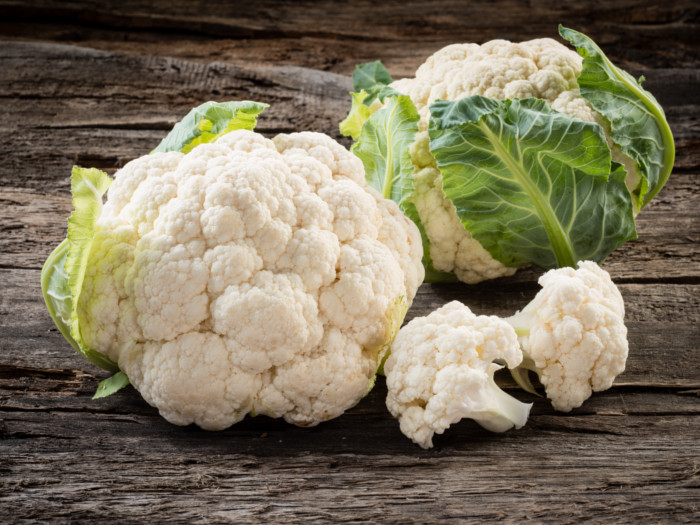Now more than ever we need to be careful around places we go to and people that we see. In order to have a further protection from the inside we have to eat to boost our immune system. Here is a list of foods that will strengthen your immune system during this crazy time period!
Fruits:
Image Credits Essentials by Catalina
Acai Berry
- This berry is loaded with anthocyanin which may provide protection from DNA cleavage, estrogenic activity, enzyme inhibition, boosting production of cytokines, anti-inflammatory activity, lipid peroxidation, decreasing capillary permeability and fragility, and membrane strengthening.
Image Credits: healthline.com
Elderberry
- This fruit may help fight inflammation because all of the antioxidants it contains. Research shows, an extract from the berries appears to block flu viruses.
Image Credits: Real Simple
Citrus Fruit
- Vitamin C may increase the production of white blood cells and they are key to fighting infections.
Dried Tart Cherries
The high
antioxidant content in dried tart cherries may bolster the immune
system, including reducing the risk of upper respiratory tract symptoms. They also have a natural melatonin that aids in getting a restful sleep.
Kiwi
Kiwi contains folate, potassium, vitamin K, and vitamin C. Vitamin C
boosts white blood cells to fight infection, while kiwi’s other nutrients keeps the
rest of your body functioning properly.
Image Credits: Health Line
Over 200% percent of the daily recommended amount of
vitamin C in one single papaya. They also contain a digestive enzyme called
papain that has anti-inflammatory effects. Papayas have great amounts of B vitamins, folate and potassium in which all of which are beneficial to your overall
health.
Image Credits: Wikipedia
Pomegranate Juice
Pomegranate juice may help your
body fight bacteria and several kinds of viruses.
Image Credits: Shape.com
Watermelon
Watermelon has plenty of an antioxidant called glutathione. It powers up the immune system so it can fight infection. The most
glutathione in your watermelon is near the rind and the red pulpy flesh.
Sources:












